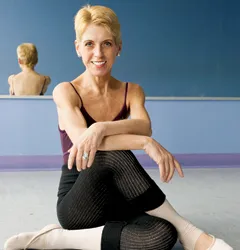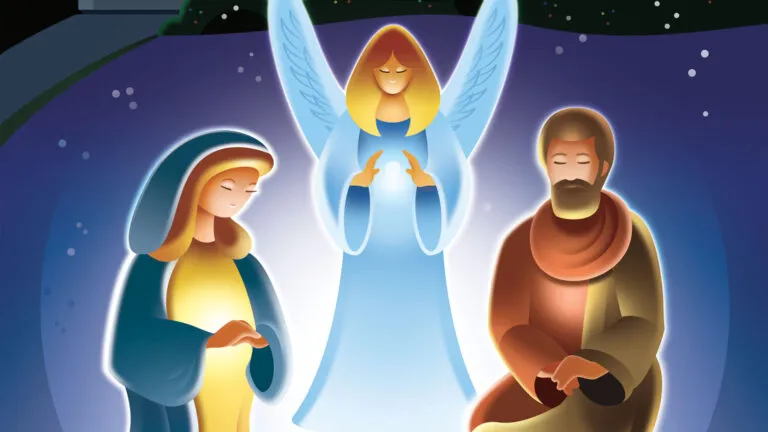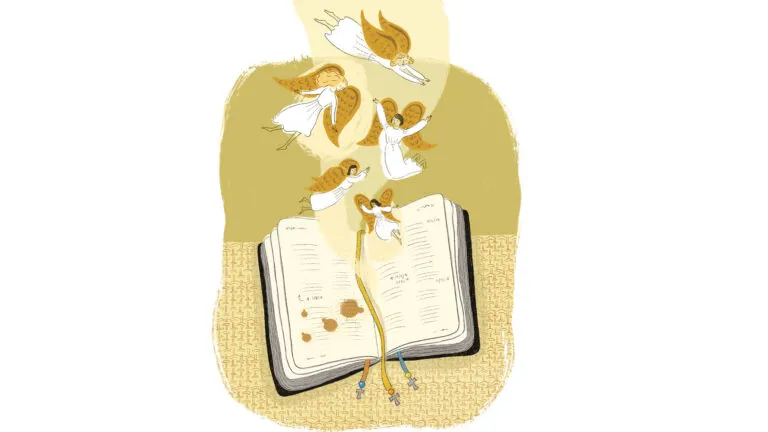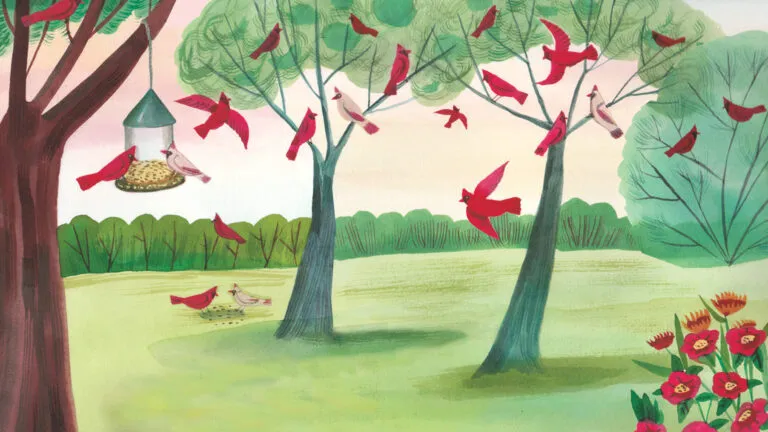Piano music started to play and I took my position at the barre.
Dance class was the one place I could put aside my worries these days.
My mother had come through surgery for her broken hip remarkably well. Even at 87, she was healthy and fit, and the doctors anticipated a smooth recovery.
After a short stay in the hospital she was transferred to a rehabilitation center. But almost as soon as she got there she was rushed back to the hospital for an emergency blood transfusion.
She returned to the rehab center the next day, but now her treatment was in suspension—no therapy program, no target date for discharge. Everything was in limbo.
Now what? I wondered, placing my leg on the barre for a stretch before class. What if she gets an infection? Or pneumonia? What if there are complications they haven’t thought of?
I’d talked to my mother that afternoon and she’d assured me she was fine, but I couldn’t stop thinking about all the things that could go wrong. Maybe my mother’s broken hip was just the first of many medical emergencies.
I lowered my leg and pointed my toe, warming up my foot. I was an only child with no family besides my mother, and the burden of responsibility hung heavily on my shoulders. There was no one to help the way Dad would have if he were here. Why did he leave me to deal with this alone?
The thought surprised me. My father had died years earlier, and I was used to handling things without him. Even before that, our relationship had its problems. Well, mostly one problem, but one big enough to keep me from feeling that I could ever really rely on him.
I stared into the studio mirror remembering how it had started. As a college sophomore I discovered modern dance and added several classes to my chemistry major workload.
I’d been thinking about going to medical school, but I loved dance in a way I’d never loved anything before. By senior year, I knew what I wanted to do.
“Dad,” I announced when I came home for break, “I’ve looked into grad school. I want to get a Master of Fine Arts in Dance.” I described my plans to teach college and perform, which seemed practical and smart—just like Dad had always taught me to be. But all he heard was “dancer.”
“If you want to dabble in the arts, you can do it at your own expense,” he said angrily.
“But this is what I want to do.”
“You can go to school for something reasonable, but not dance.”
I was stunned. How could my father not want me to be happy? I was 21 years old; we’d had a decent relationship over the years. I not only loved my father; I liked him. He’d always been my ally.
But now when it came to the most important thing in my life, Dad disapproved. I’d always been confident about my father’s love for me but suddenly that love seemed conditional. Decades later I still felt the sting of his rejection.
Yet I wished Dad was with me now, helping to deal with my mother’s treatment. He may not have been able to support me the way I wanted him to in my career, but he was great at giving practical help to people who needed it. His colleagues, the high school students he taught, his neighbors—they all had stories about how Dad had helped them out when no one else would.
In fact, Dad was so known for his helpful nature that I recounted the biblical parable of The Good Samaritan in the eulogy I gave at his memorial service.
“My father would have stopped to help that stranger on the road,” I said to the packed audience. “That’s the way he was.” Fellow teachers, students and former students, community leaders—heads nodded all over the room. They recognized the good neighbor of Jesus’ parable.
Even I had memories of Dad coming to the rescue. Like when I taught dance at an elementary school and butted heads with the principal. “She won’t give me freedom to teach,” I explained to Dad. “And she doesn’t know anything about dance.”
“I know how to deal with principals,” Dad said. He told me exactly how to approach her. By the end of the year she was my biggest fan—all because of Dad’s advice.
I had learned to appreciate all the ways Dad could be helpful, even as I gave up hoping he could give me what I needed most: unconditional support.
Since his death I’d gotten along without his practical help as well. This situation with my mother was just another one of those times.
The dance teacher signaled the accompanist. I concentrated on my dancing for a while. When class was over I checked in with my mother and her doctors. There was still no progress. If only Dad were here, I thought as I drove home, so it wasn’t all on my shoulders.
That night I fell into bed exhausted. I was about to turn off the light when I sensed something in the room. A presence. I rolled over. No one was there, but somehow I knew that my father was in the room with me. I knew it for certain.
Not my father’s physical presence, but unmistakably him. I was as sure as if he were standing before me in plain view. My father has come back. God has sent him back to me.
Suddenly everything changed. I knew that my father loved me—and my mother too. And I knew that he was watching over us, making sure that everything was all right.
My father’s presence, like an angel by my side, lingered with me into the next day, and the next. It was as if he were right there with me while I talked to my mother’s doctors and kept up with her daily routine.
Finally I got the call I’d been waiting for: “Your mother’s improved a lot,” the doctor said. “Her therapy program is back on track.”
The worry I’d carried for too long left me. And with it, so did my father.
But the memory of his visit remains in my heart. A heart that now knows my father’s unconditional love.
Download your free ebook Angel Sightings: 7 Inspirational Stories About Heavenly Angels and Everyday Angels on Earth.





